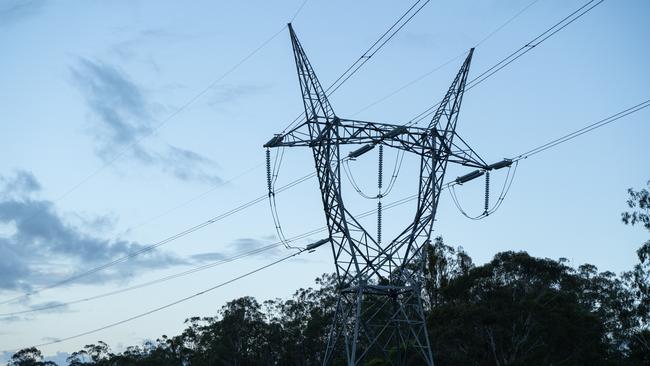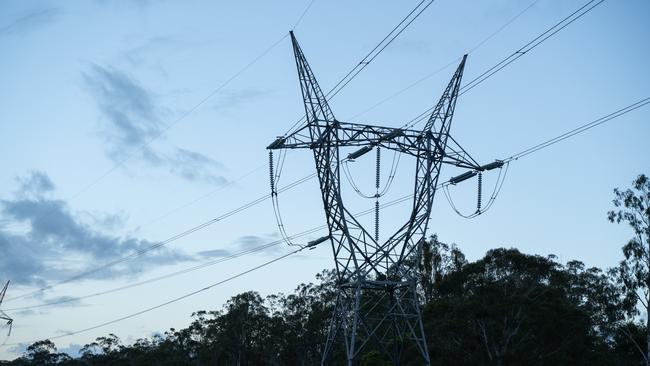European private equity giant EQT eyes energy and environmental deals in Australia
European private equity giant EQT wants to expand in Australia and has employed a team of 50 to scour the country for potential deals, especially in the energy and environmental sector.

European private equity giant EQT is looking to expand into the energy and environmental sector in Australia after buying companies worth more than $10bn in the past four years, including retirement village and cancer care company Icon Group.
“We are actively looking at opportunities in the Australian energy sector,” EQT’s Hong Kong based head of infrastructure in Asia Pacific, Ken Wong, told the Australian. “We are seeing a number of exciting opportunities in the Australian landscape.”
These could include investments in energy-related sectors such as battery storage and electric vehicle charging stations, which EQT has bought into in Europe, as well as renewable energy and decentralised energy grids.
Founded in Sweden in 1994 by the Wallenberg family, EQT has more than $400bn under management globally in sectors including infrastructure, real estate and energy.
The Malaysian-born and Melbourne-educated Mr Wong opened EQT’s Australian offices in early 2020, after the firm bought cloud and managed service provider Nexon in July 2019.
Now one of the largest private equity players in the world, EQT moved ahead quickly in the Australian market with a series of infrastructure and private equity deals, including spending $2.5bn for Icon in 2021, $1bn for Stockland’s retirement village business, which it has renamed Levande, in 2022, and $1.4bn for veterinary care network Vet Partners last year.
It is rumoured to be involved in other deals in Australia this year, including hospitality software company New Book, human resources software company PageUp and Compass Education, which is owned by the Advent Partners.
Advent is understood to be hoping for a price as high as $700m for Compass, which works with some 1800 schools in Australia, Ireland and Canada to simplify their technology systems.
Mr Wong said the firm’s investments were in line with several key themes, including the global energy transition, digitisation and the ageing of the population – hence its investments in retirement villages and healthcare.

EQT is understood to be negotiating some energy deals in Australia following a visit here earlier in the year by the former head of European energy company Enel, Francesco Starace, who joined EQT last year as an Italy-based partner.
Mr Wong, who accompanied him on the visit, said the Italian energy transition expert had met with “some potential target companies” as well as “the broader stakeholder universe of people in the energy sector”.
Mr Wong said: “The change of (policy) stance (in Australia) over the last two years has meant there is a much more favourable environment to invest in the energy and environmental space. We certainly see a lot of opportunities (in this sector) arising.”
EQT’s first investment in the local energy sector is expected to come through its acquisition of European renewables company OX2, which last year bought solar power developer ESCO Pacific, which has solar farms in Queensland, NSW and Victoria.
Mr Wong said he did not want to discuss the deal as EQT’s bid for OX2 was still “under offer”.
But he indicated that if it was finalised it would be logical for EQT to use these assets as a base for expansion in the renewables sector.
“Given it does have a platform in Australia, we would obviously try to maximise the best ways to roll out renewables in Australia, through both OX2 and other means,” he said.
EQT has one of the fastest growing teams in private equity in Australia, numbering around 50.
“We didn’t have anyone on the ground four years ago,” Mr Wong said. “We have invested heavily here. We think that Australia is a really important market for EQT.
“We have demonstrated our commitment by hiring people and have followed up with investments on the ground.”

EQT’s recent investments in the energy and the environmental sector offshore include its acquisition of British battery storage company Statera Energy, which has 1GW of assets either in operation or under construction, with plans to deliver 7.5GW of “flexibility assets” by 2030 and a total project pipeline of more than 166GW. The firm has also bought North American student transport provider First Student, which has some 500 electric buses with plans to have 30,000 EVs by 2035.
It has also bought InstaVolt, a rapid electric vehicle charging operator in Britain with plans to build a network of 10,000 fast charging points by 2032.
Mr Wong said the investment needed for the energy transition globally was akin to the investment made in Europe after World War II. “The size and scale of the energy transition is similar to that required for the reconstruction of post World War II, whether it be battery storage, whether it be electric vehicle charging or utility scale renewables where we have platforms around the world,” he said. “Those will be the type of opportunities we would likely be investing in Australia.”
Mr Wong said EQT could look at making investments in Australia alongside some of the big industry super funds, which have also shown interest in investing in the energy transition.
The firm has already made some investments offshore with some major Australian super funds.
“We have a number who have committed hundreds of millions of dollars (in investments with EQT) as partners in some of our investments, both in Europe and the US as well as in Australia,” he said.
The funds liked investing alongside EQT, as EQT would step in to companies it bought into, appointing several independent directors and looking for ways to boost the operations of the companies it bought.




To join the conversation, please log in. Don't have an account? Register
Join the conversation, you are commenting as Logout